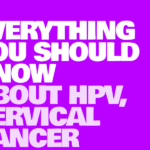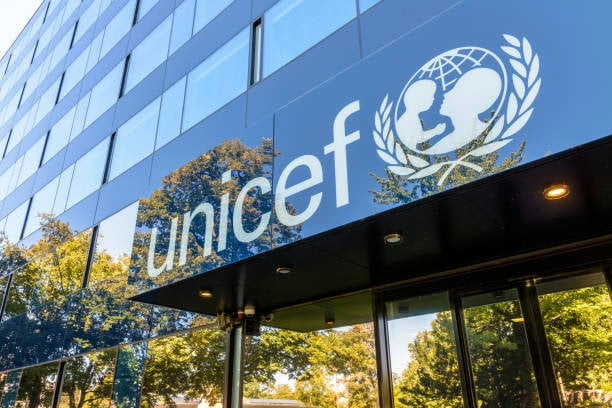In preparation for the upcoming integrated health campaign targeting measles, rubella, polio, malaria, Neglected Tropical Diseases (NTDs), and Human Papillomavirus (HPV), the Yobe State Primary Healthcare Board, in collaboration with UNICEF, has actively engaged media professionals across the state. This campaign is slated to take place from October 18 to October 23.
The media engagement session convened at the Medical and Health Workers Union Conference Hall in Damaturu, drawing participants from both public and private media outlets.
Representing the Executive Secretary of the Yobe State Primary Healthcare Board, Dr. Babagana Kundi Machina, Health Promotion Officer Mohammed Kado called on journalists to amplify public awareness about the campaign’s objectives and significance, emphasizing their crucial role in achieving successful outcomes.
Dr. Kundi expressed appreciation for the media’s ongoing efforts in promoting the board’s initiatives and highlighted the importance of strengthening partnerships to better serve the people of Yobe State.
Alhaji Ali Musa Yawale, Chairman of the State Social Mobilization and Community Engagement Working Group (SM&CEWG), welcomed attendees and encouraged them to engage attentively with the presentations to enhance the accuracy and depth of their reporting.
UNICEF’s Social and Behavioural Change Officer, Mr. Barka Darpi, explained that the introduction of the measles-rubella vaccine is a strategic move to close immunity gaps and lessen the impact of preventable childhood illnesses.
He noted that Nigeria bears a significant share of Africa’s polio cases-54 percent-and ranks second only to the Democratic Republic of Congo in measles incidence.
Darpi emphasized that the integrated campaign aims to safeguard a broad group of children, halt the spread of measles, rubella, and polio, bolster routine immunization efforts, and address disparities in vaccine access.
Benjamin Abata, Coordinator of the State Neglected Tropical Diseases Control Programme, highlighted that combining these health interventions enhances operational efficiency and alleviates pressure on healthcare workers and communities alike.
Abata further stressed that fostering behavioural change, alongside improving access to household sanitation facilities and ensuring clean water availability in schools and marketplaces, is vital to curbing the transmission of these diseases.






















